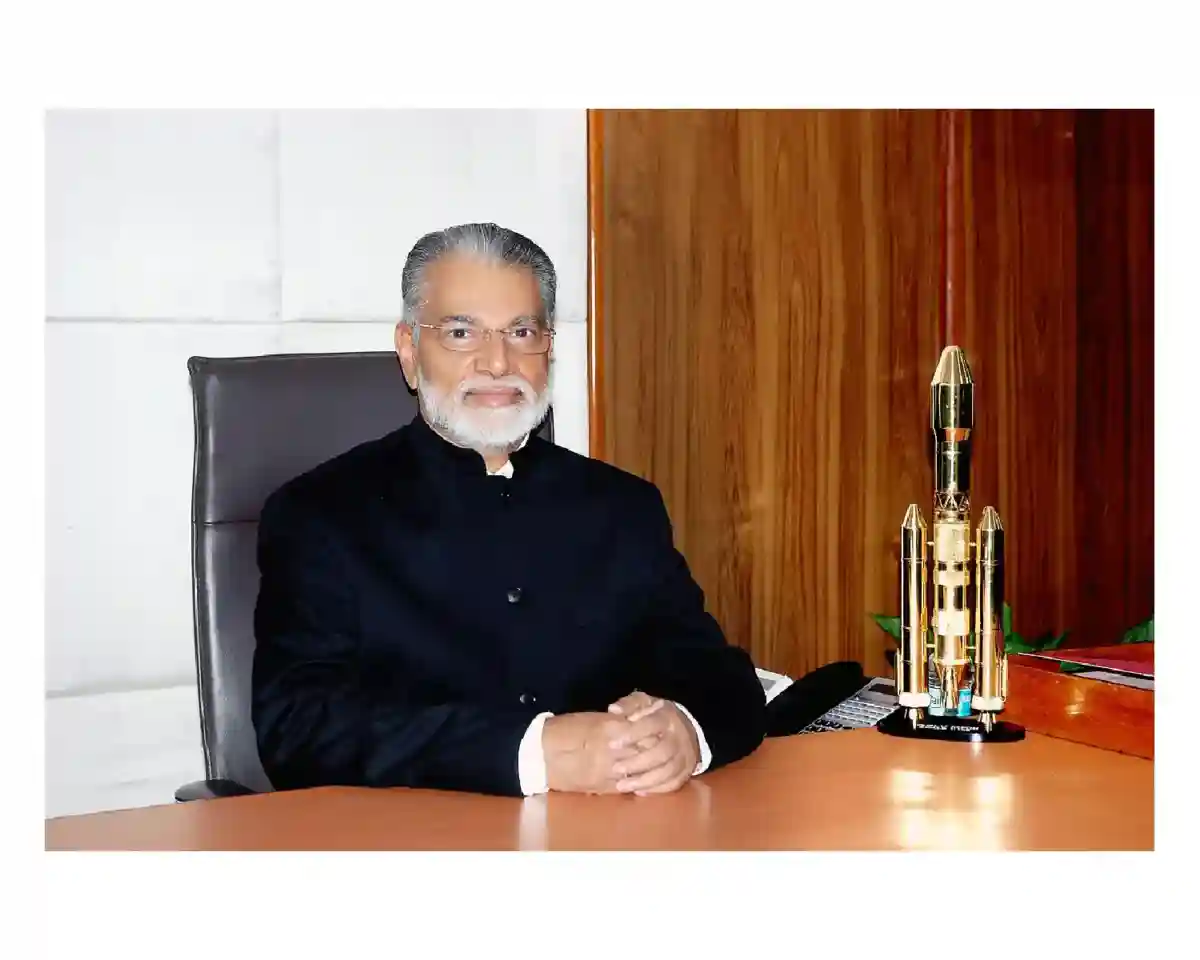K Radhakrishnan, ex-ISRO chairperson, praised the National Education Policy (NEP) 2020 as an incredible and progressive move towards improving higher education. The renowned scientist, who received the Padma Bhushan award, was asked to be the guest of honor at the annual Vijayadashami event of the Rashtriya Swayamsevak Sangh (RSS) in Nagpur.
Speaking at the event, K Radhakrishnan , alongside RSS leader Mohan Bhagwat, stated that the elderly are guiding the youth to establish the Bharatiya Space Station by 2040. Confirming that the new policy is leading a necessary change, especially in higher education in India, he stated: “NEP is creating a conducive atmosphere for promoting the global expansion of Indian education.” I have observed that numerous educational institutions from India have established branches overseas. Expanding the worldwide influence of India’s educational system is excellent.
Describing NEP as a government initiative to steer higher education in a “positive” direction, K Radhakrishnan emphasized the policy’s emphasis on establishing a strong research ecosystem. He mentioned that by focusing heavily on innovation and research, the policy aims to enhance India’s position in the global academic and technological fields, aligning with its goal of being a leader in scientific progress. Opposition parties and some intellectuals have criticized the NEP, alleging it promotes a “saffronisation” agenda. Nevertheless, K Radhakrishnan emphasized the beneficial influence it would have on the future of Indian education.
By focusing on promoting innovation, he stated that the policy pushes Indian universities to enhance their research capacities, enabling them to compete on an international scale in areas such as science and technology. K Radhakrishnan specifically acknowledged the importance of “anusandhan research foundation” in promoting the growth of India’s research institutions and furthering its scientific endeavors. The ex-ISRO chairperson’s support for the NEP comes amidst ongoing arguments about its supposed political biases.

